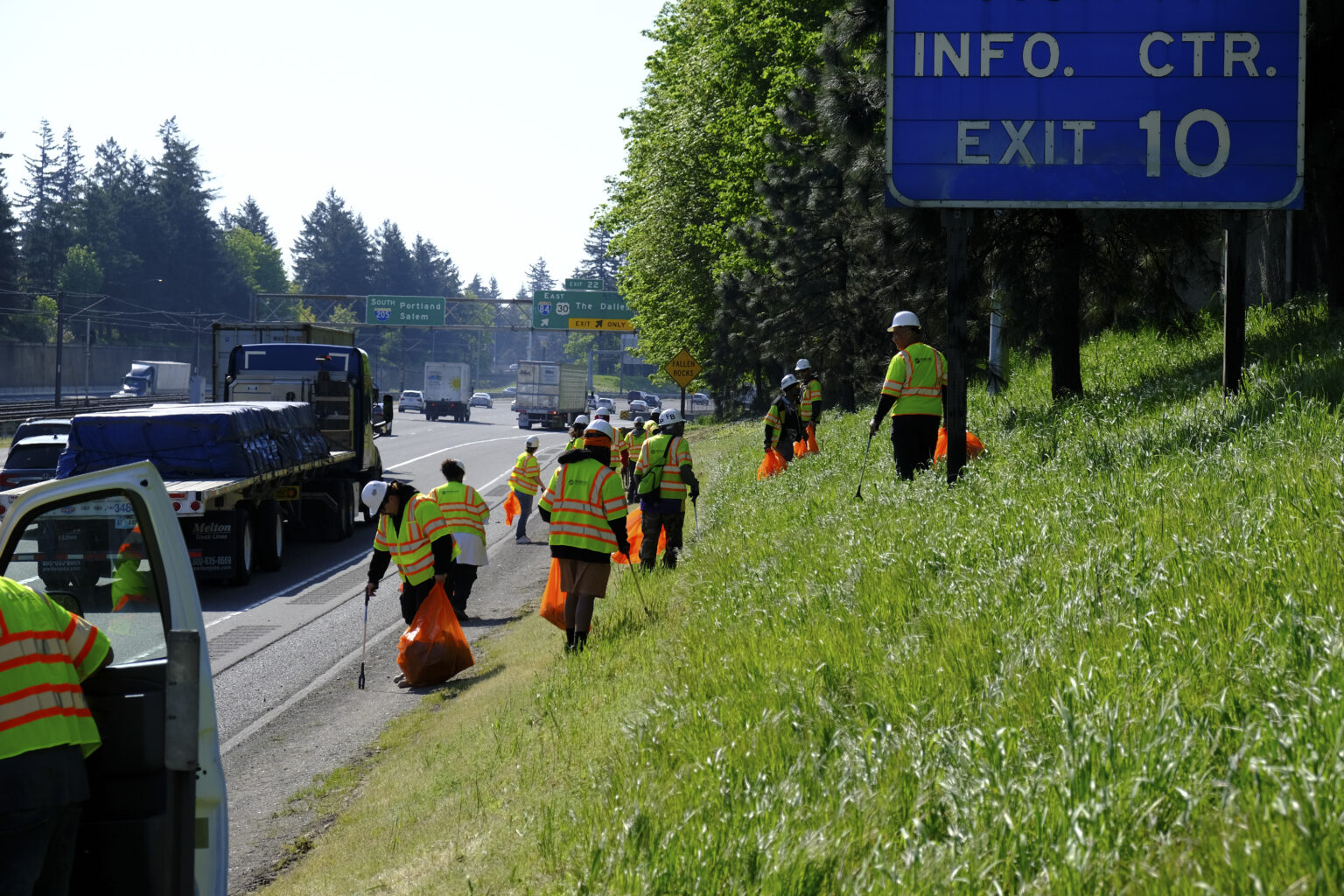Is it recyclable? Recyclers offer some holiday help
Published 12:00 am Wednesday, December 26, 2018

- Jerry Schneider and Pervis Harris sort through holiday lights at Tech Dump in St. Paul, Minnesota, on Dec. 18. In general, holiday lights are not recyclable.(Leila Navidi/Minneapolis Star Tribune/TNS)
Recycling bins will soon overflow with discarded packaging, wrapping paper and other detritus of the holiday season. But not all of it belongs there, causing extra work this year for the people who sort through our waste.
Batteries and holiday lights can wreak havoc at sorting centers, while some toy packaging and disposable cups must take a long and expensive trip to the landfill or incinerator. Even some gift wrap isn’t recyclable.
Trending
And China doesn’t want much of America’s recycling.
That has flooded U.S. markets with extra plastic, paper and other recyclables. That means sorting centers have to do a better job separating recyclable materials from everything else so they can sell a higher-quality product.
“Our chant is, ‘We need to get back to basics,’” said Julie Ketchum, a Minnesota-based spokeswoman for Waste Management. “It is about collecting and processing materials that have end-markets and that have value.”
The goal is to reduce “wishcycling,” the practice of tossing questionable items in the blue bin in hopes they can be recycled, which has grown more common with the spread of single-sort recycling.
“Industrywide, we’re seeing a shift in education from ‘recycle more’ ‘to ‘recycle better’ — or ‘recycle right,’” said Lynn Hoffman, co-president of Eureka Recycling in Minneapolis, which now has an app helping customers determine what to put in the bin.
So once the presents are opened and the parties are over, how should we dispose of our holiday waste? What belongs in the trash? And where do all our Christmas trees go? We asked several recycling pros to weigh in.
Trending
Holiday lights
Holiday lights cause major headaches at sorting centers. Along with hoses and extension cords, they wrap around cylindrical screens at the start of the sorting process and must be frequently removed.
The lights can be recycled sometimes, but extracting value from them is more difficult than extension cords, which contain more copper and no bulbs. Typically, they have been shipped to China, where some factories use shredders, water and gravity to separate materials for new products. But new Chinese policies have essentially barred the discarded lights from entering the country, said Adam Minter, an authority on global recycling markets.
Gift wrap
Wrapping paper may be recyclable if it is just paper. Generally, paper with a foil-like shine or peppered with glitter is destined for the trash. The same goes for any with ribbons and bows.
“Some of it can be recycled, but the stuff that can is still a very low-value product,” said Bill Keegan, president of Dem-Con Companies in Minnesota, with Dem-Con. “But a lot of it cannot.”
Advice about what to do with basic wrapping paper varies, however. “It’s very difficult to know 100 percent whether it’s all paper or not,” said Paul Kroening, a county recycling program manager in Minnesota.
Plastic packaging
If you needed a knife or a pair of scissors to break open plastic packaging, chances are, it isn’t recyclable. The rigid packages are typically called “blister packs.”
“To be safe, if an electronic or a toy comes in plastic, that plastic is not recyclable,” said Kate Davenport, co-president of Eureka.
In general, No. 1, No. 2 and No. 5 plastics can go in the bins. Packing peanuts and Styrofoam are made from polystyrene — No. 6 plastic — which generally is not recyclable. Plastic film, such as bags covering a new computer, is recyclable if taken to retail drop-off locations. A list of plastic bag drop-off locations is available at https://goo.gl/ipMRZi.
Batteries
A big concern lately for sorting centers is fires caused by lithium batteries improperly tossed in the recycling bin. Keegan said the recycling industry nationally is losing about one facility a month to such fires, often from rechargeable batteries inside electronics.
“Those are now in everything from greeting cards that sing to you to tiny little drones. … They’re ubiquitous,” Hoffman said. “And they’re extremely dangerous.”
Batteries should not be recycled in the curbside bin. Some big cities will pick up batteries if they are left in a bag atop the recycling cart. A full list of drop-off locations is available at call2recycle.org/locator.
Boxes
Boxes are becoming a more common staple of the holidays as people shop more online. The good news is they are recyclable through curbside bins.
Recyclers advise removing tape and any additional material inside and then flattening them. Otherwise, sorting machines sometimes mistake small cardboard boxes for plastic containers — which must be separated later.
Plates, cups
Most paper cups are not recyclable, since they are typically lined with plastic. Many red plastic Solo cups made from No. 6 plastic are also not recyclable in many places.
Paper plates are generally not recyclable, but certified compostable plates are accepted by organics collection programs.








